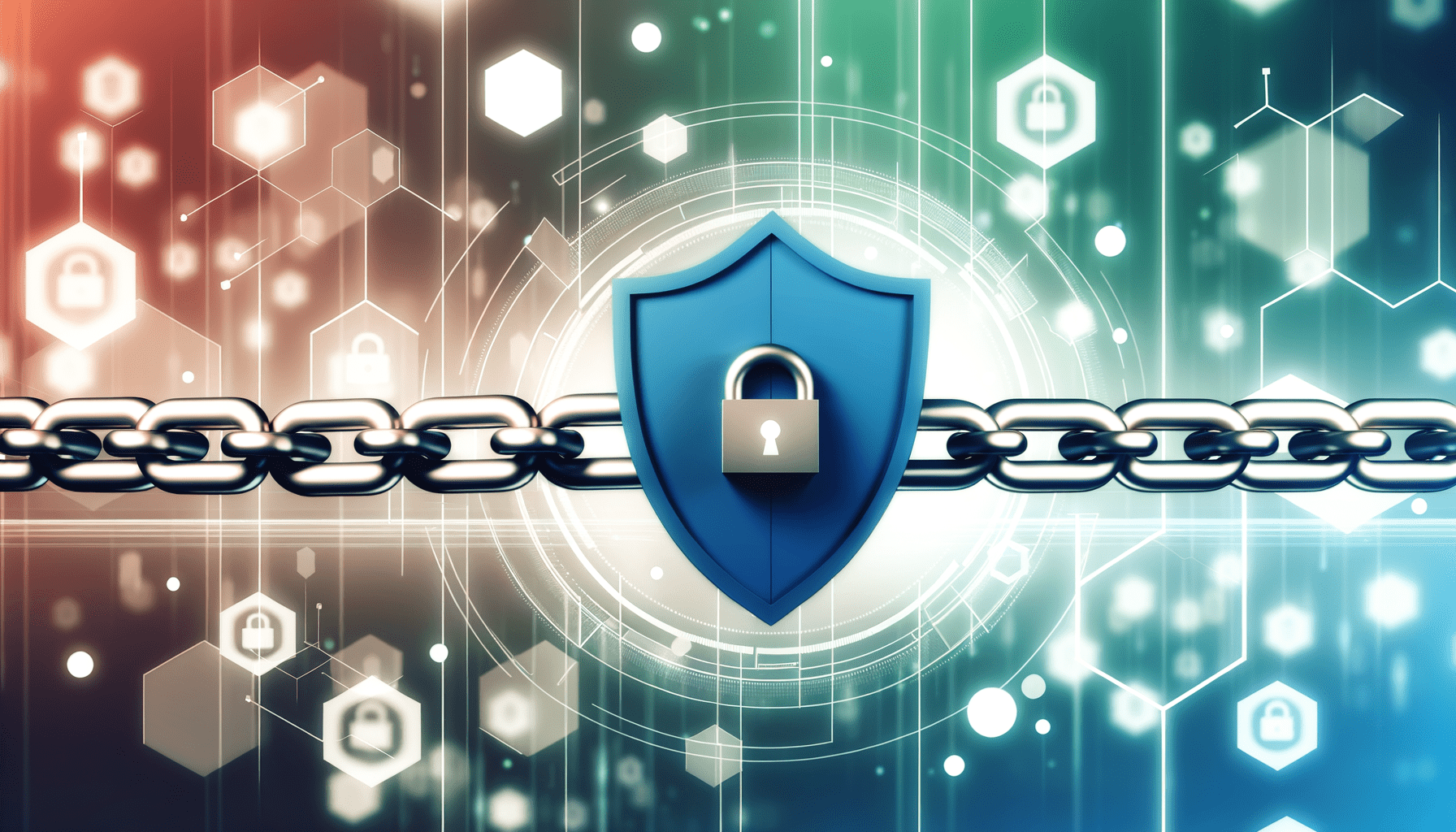Table of Contents
- Introduction
- Understanding Blockchain Technology
- Blockchain Data Security: An Overview
- Pros of Blockchain Data Security
- Cons of Blockchain Data Security
- Real-World Applications of Blockchain in Data Security
- Future Trends and Developments in Blockchain Data Security
- Conclusion
Introduction
In an era where data breaches and cyber threats are becoming increasingly sophisticated, the need for robust data security mechanisms has never been more critical. One technology that has garnered significant attention for its potential to revolutionize data security is blockchain. Originally designed as the underlying technology for Bitcoin, blockchain has evolved far beyond its initial use case, offering promising solutions for securing data across various industries.
This comprehensive guide delves into the intricacies of blockchain data security, exploring its advantages and disadvantages. By the end of this guide, you will have a thorough understanding of how blockchain can be leveraged to enhance data security and whether it is the right solution for your needs.
Understanding Blockchain Technology
Before diving into the specifics of blockchain data security, it’s essential to understand what blockchain technology entails. At its core, a blockchain is a decentralized ledger that records transactions across multiple computers so that the record cannot be altered retroactively without altering all subsequent blocks and gaining consensus from the network.
### Key Features of Blockchain
– **Decentralization**: Unlike traditional databases controlled by a single entity, blockchains are maintained by a distributed network of nodes.
– **Immutability**: Once recorded, data on a blockchain cannot be easily altered or deleted.
– **Transparency**: All transactions are visible to participants within the network.
– **Security**: Cryptographic techniques ensure that only authorized parties can access specific information.
For more detailed information on how blockchain works, you can visit [IBM’s main page on blockchain](https://www.ibm.com/blockchain).
Blockchain Data Security: An Overview
Blockchain’s unique characteristics make it an attractive option for enhancing data security. The decentralized nature ensures that there is no single point of failure, while cryptographic algorithms provide robust protection against unauthorized access.
### How Blockchain Enhances Data Security
1. **Decentralized Storage**: Eliminates single points of failure.
2. **Cryptographic Hashing**: Ensures integrity and authenticity.
3. **Consensus Mechanisms**: Validates transactions through collective agreement.
4. **Smart Contracts**: Automate and enforce rules without human intervention.
To explore more about how these features contribute to enhanced security, check out [NIST’s main page on blockchain](https://www.nist.gov/blockchain).
Pros of Blockchain Data Security
The benefits of using blockchain for data security are numerous:
### Enhanced Transparency
– Every transaction is recorded on a public ledger accessible to all participants.
– Reduces fraud by making activities traceable.
### Improved Integrity
– Immutable records ensure that once data is written, it cannot be altered or deleted.
– Provides a reliable audit trail.
### Decentralization
– Eliminates single points of failure common in centralized systems.
– Increases resilience against attacks targeting specific nodes.
### Strong Authentication
– Utilizes cryptographic keys for secure authentication processes.
For further reading on these advantages, visit [Microsoft Azure’s main page on blockchain](https://azure.microsoft.com/en-us/solutions/blockchain/).
Interactive HTML Table Comparing Traditional vs. Blockchain-Based Systems:
| Feature | Traditional Systems | Blockchain-Based Systems | |||
|---|---|---|---|---|---|
| Data Storage Location | Centralized Servers | Decentralized Network Nodes | |||
| Data Integrity Verification | Third-party Audits Required | Automated via Consensus Mechanisms & Cryptography | |||
| Single Point of Failure Risk | << td > HighLow |
/ tr > < tr > < td > Transparency Level | Limited | High |
/ tr > <
/ table > <
h2 id = “cons-of-blockchain-data-security” > Cons While there are many advantages, <
### Scalability Issues<
ul > < /ul> <
### Energy Consumption<
ul > < /ul> <
### Complexity<
ul > < /ul> For more insights into these challenges, Real – World Applications |



Leave a Reply